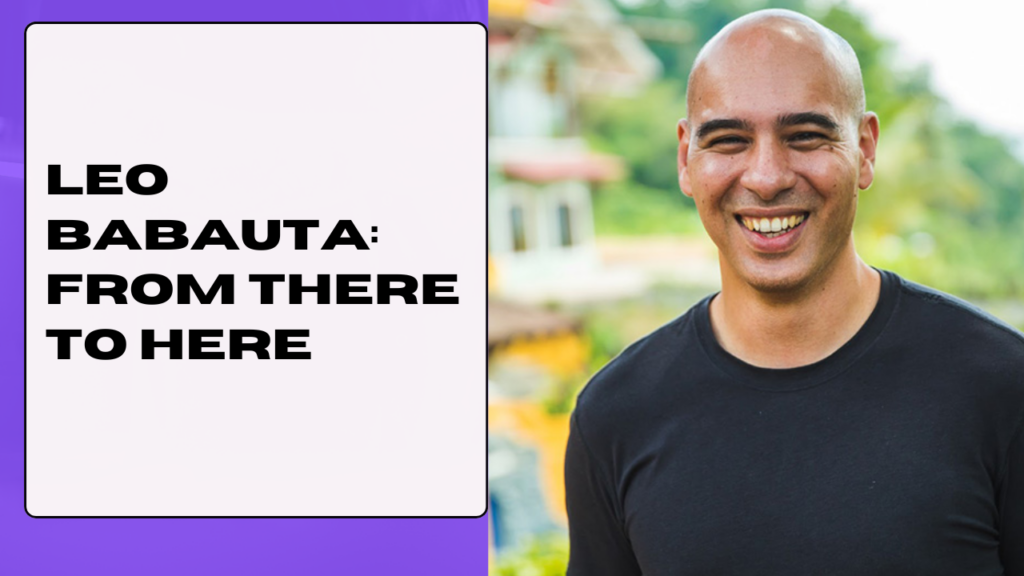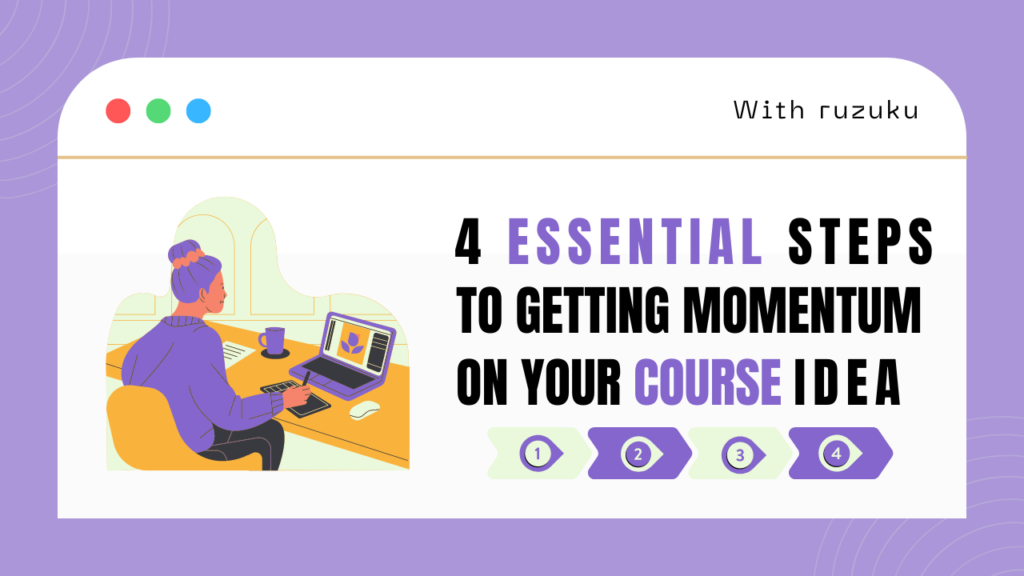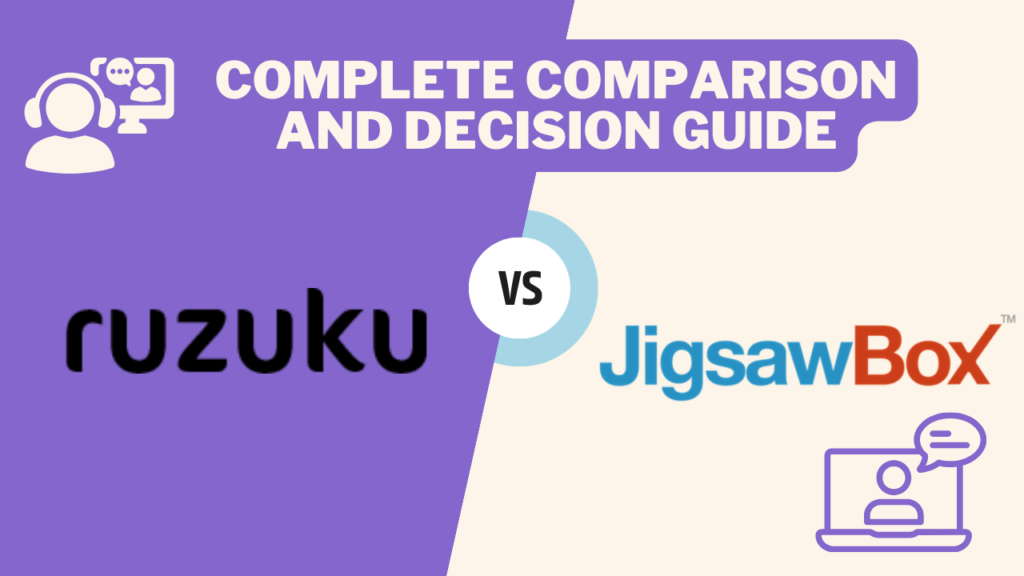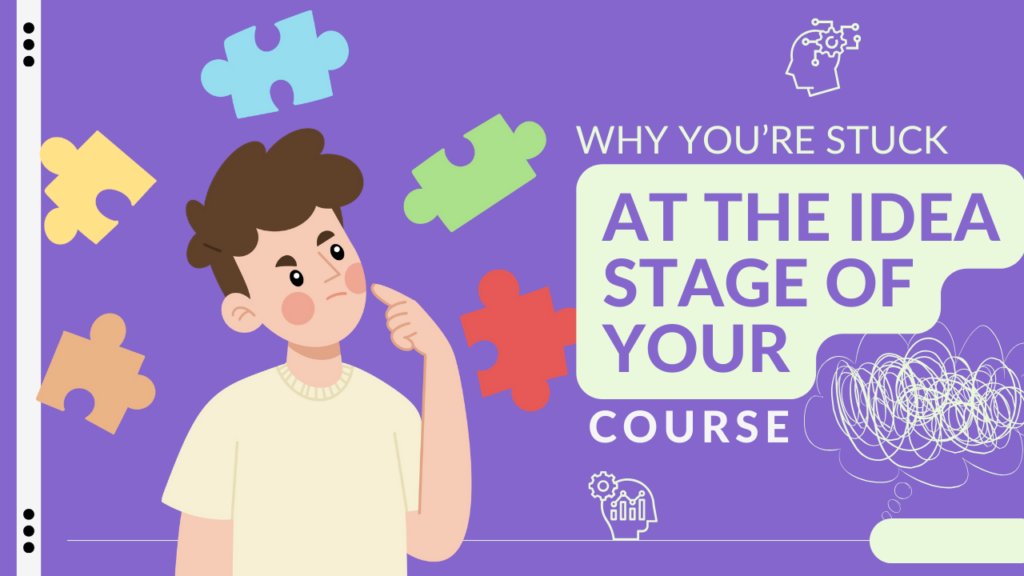I focus on simplicity — the art of simplifying your life, of being productive by doing less.
In 2006 I took up running and I started training for my first marathon. I sent daily news to a column in my local newspaper so that I would have some accountability. When that column ended, I needed a new way to be held accountable, so I started Zen Habits to help me continue changing my habits.
The first month of my blog, I was writing basically for nobody. I got a couple of readers here and there. The second month I started getting more readers who were very enthusiastic. They really encouraged me. The feedback from them was great and it helped me improve Zen Habits.
I wrote a post called the “Top 20 Motivation Hacks.” It was my first real attempt at putting everything that I had been learning into one post. I tried to put the best things that really worked for me, not just things I’d heard about or read about, but things that actually worked. It got picked up on DumbLittleMan.com. They sent me a lot of traffic. After that, I got popular on the delicious. And then, I think it was linked to from a couple of other sites — maybe LifeHack. Those are pretty big blogs. The combination sent me a lot of traffic and a lot of new readers.
Writing “Top 20 Motivation Hacks” taught me how to write a really useful post. That’s basically what I’ve done from there on. I don’t always succeed, but that’s my goal.
I want to write something that people want to share with their friends.
That’s really how Zen Habits has taken off. That kind of content where I’m really trying to help people.
The Power of Less is based on the same concept. I tried to put as much usefulness into it as one book could take. It’s a lot of the basic principles from Zen Habits but really distilled and concentrated, especially for new readers. It’s been out for a few months now. It actually really quickly hit the bestseller list at Amazon.
I read this book called Eat, Stop, Eat. It’s basically a diet — or maybe an anti-diet—by a guy named Brad Pilon, a nutritionist. Basically, it’s the idea of intermittent fasting. I don’t know if I’m sold on the concept, but it was really interesting. It’s backed up by research and challenges the ideas you read in the mainstream magazines and blogs and newspapers about nutrition and health.
As I read it, I got a whole bunch of ideas and just went to my computer and started writing a post about our relationship with food. What I am proposing is that we look at our relationship with food a little bit closer and maybe change it and not use food for pleasure or reward or boredom or anything like that and realize that it’s just fuel.
That’s what I’m writing for my next post. His book really sparks some cool ideas. I definitely get excited about things.
I was a smoker, I was sedentary, not exercising, not eating healthy, very overweight. I was heavily in debt. I was overworked, stressed out, didn’t have time for my family.
I was working on the weekend, and I missed my kids soccer games. I really, really felt bad about that because my kids are really important to me but my work was overwhelming me at the time. I decided I needed to make some changes.
I quit smoking seven times and I failed seven times before the final eighth time.
The first time I quit, I thought it would be no problem – that I could just quit. I just stopped. As soon as the urges hit, again, I had no strategy for dealing with it. So, then, you start justifying it in your head: one cigarette’s not going to hurt. Then the second one’s not going to hurt. And then you smoke the third one. Pretty soon you’re not quitting.
I learned that you have to have a strategy. And so, from each time I quit, I learned a little bit more about myself and also about what doesn’t work.
The last time I quit, I had a strategy for each of the obstacles I would face. What am I going to do when I have an urge? What am I going to do when I’m in a social situation and people start smoking?
I had my oral thing. At first, it was candy and gum, but that easily adds pounds so that turned into frozen grapes and other kinds of healthy vegetables and fruits.
I also learned to get some support. This is huge. Get the people in your life – your spouse and your kids or whoever is in your life — on board. Even though you’re the one making the changes, it has got to be a group thing. Make it a team effort. That’s really been one of the major keys of my success.
If you can get your loved ones on board, you’ve got the greatest support system ever.
Becoming a vegetarian was a big change for me.
People who aren’t vegetarian are not very accepting, at least the people that I know. And they really say negative things and try and get you not to be vegetarian. It’s difficult when the people around you don’t support you.
The idea for vegetarianism came when I saw some info and videos online about the meat, egg and dairy industries. It’s really horrible, and I think if more people knew about it, they’d consider a change.
I thought what most people think, even after seeing all the info — “Isn’t it too hard to become vegetarian?” The answer turned out to be “No.” It’s pretty easy. There are tons of great vegetarian dishes that will have you never missing meat again.
At first, Eva was like “I’m not going to be vegetarian.” And I’m like, “That’s fine, this is right for me. You can eat whatever you want.” But later on, she actually stopped eating red meat and poultry. Now, she only eats seafood. So, she’s not a strict vegetarian, but she’s really changed her diet – with some encouragement from me. But at the same time, it’s just something I think that she decided she wanted to do for herself. We’ve been kind of on pretty parallel journeys there.
We cook vegetarian spaghetti or chili or tacos, things like that, and the kids do like those. So, they don’t turn their noses up at those kinds of foods, but they still eat meat pretty much every day.
I think it’s pretty cool when you have someone who’s trying to do the same kinds of things as you.
Eva and I started running together. We don’t always run together now, but we both enjoy exercising.
The kids aren’t into exercising, but they go outdoors and they play soccer and stuff like that. They’re not into simplifying, either. I like to get rid of clutter, and they like to keep it. So, that’s kind of a little bit of a battle, but we make compromises.
I’m lucky. My wife, Eva, has been extremely supportive from the beginning of everything that I’ve done. She really wants me to be happy and succeed at what I do.
When I started Zen Habits, I had a full time job plus I was freelancing.
When the blog started to take off, I realized that this is something I really love doing and maybe it’s something that I could make a living at. The more I thought about it, the more excited I got, and so I decided that’s what I wanted to do that I wanted to quit my day job and do Zen Habits.
I told my wife about it, and she was totally supportive. Eva was with me 100 percent every step of the way. I’m really glad that she was because I don’t know if I could have done it without that kind of support.
I didn’t quit my job right away because I have a family to feed. I had to make sure that I was going to get enough income to pay the bills and put food on the table. So for the rest of 2007, I was working full time and building Zen Habits up to the point it was making enough money – actually more money than I was making at my day job. After we paid off all our debts, I decided the day job was not necessary anymore and I quit.
Quitting was liberating.
I don’t freelance anymore. I dropped that. But I do consulting now with businesses and people as personal development, as well as bloggers. I’m creating a series of seminars one for bloggers and one for personal development. Then, there’s the blog. It sells ads. I sell ebooks. I have my book. And I have a couple other websites.
My kids hear about me doing the blog stuff, but they’re not too involved in that. I try not to talk to them too much about work. I kind of put work aside and focus on them when I talk to them. But once in a while, I’ll be like, “Oh, I have 50,000 subscribers. Let’s go to dinner!” So, they know that I’m doing pretty well, but if I talk about it too much, they tell me to stop bragging. So yeah, I don’t talk about my work too much.
I have a fear that I won’t be good enough.
When you put yourself out there as a blogger and a writer, you are pretty much saying that I’m good enough to write for you. And that’s a scary thing because what if you’re not? What if people say your writing sucks? So, yeah, I still fear that maybe I’m not good enough to do Zen Habits or be an author or be an entrepreneur or even be a father or a husband. That fear is always there.
For me, it’s been little steps. With blogging, for example, I put my blogging out there, but there weren’t that many readers at first. So, as my readers have grown, my confidence has grown because all of them are super supportive and encouraging.
And the same is true of anything I’ve had success with. Just little tiny steps. Each time I succeed, I feel more confident and I feel like I can beat that fear of failure – that fear of not being good enough.
I am a husband, a father of six children, a runner and basically just a guy who enjoys living a simple life.
We have lots of kids. Six is generally a lot for people these days. At the same time, though, it’s not that uncommon.
Guam’s Catholic, hugely Catholic. My mom’s originally from Wisconsin, but her family is Irish Catholic, Irish and German Catholic to be precise. She comes from a family of eight. My dad comes from a family of nine. My wife only comes from a family of three, but her mom is from a family of 13 and her dad has nine brothers and sisters. But, more recently, people have one, two, or three kids.
I only had two sisters growing up. My father had another set of kids who are about the same age as my kids. Growing up, though, I only had two sisters.
We have a 16 year old, a 12 year old, an 11 year old, and a 9 year old. Those are the four older ones. We also have two little toddlers. Well, one’s almost five years old, but the other one’s three. The two of them create the messes.
The older ones, although they’re generally not the neatest people in the world, they can clean up after themselves.
They also help take care of the little ones. Right now, the older ones are watching the little ones while I do this interview, so they really help out. That’s been important that we teach them how to help out. Otherwise, I couldn’t do half the things I do.
You’ve got to teach them self-sufficiency.
Having a large family is a completely different dynamic than I had when I was growing up. I really enjoy it, actually.
I am actually in my second marriage. I got married too young, we had a baby young and it just didn’t work out.
The older two of my six kids are from that first marriage. I know that hurt them when we divorced and I’ll always feel bad about that.
I think I learned a lot about marriage and relationships from that first marriage. And I really don’t want to blame anyone. I learned that certain problems are going to happen with any marriage if you don’t do certain things.
You have to have intimacy. You have to have that closeness and you have to put in the time to make that happen. We’ve made being together a priority. So, we go on dates and spend time together away from the kids.
I’m learning to see things from the other person’s perspective and accept it as just a different way of looking at things and not that one’s right and one’s wrong.
Everyone says how important communication is but putting it into practice is the hard part.
I’ve had many, many failures.
My failures are the reasons for my success. I’ve learned from each one. Each one has made me stronger.
I was watching this old Nike ad by Michael Jordan. I don’t know if you’ve ever seen it. It’s the one where he talks about how many shots he’s missed, how many games he’s lost, and just all these different failures. He said, I’ve had thousands of failures, but it’s because of those that I’ve succeeded. And I just thought that’s so true with me as well.
I’m inspired by people in my daily life. For example, this morning my wife went out for a run even though she was tired. My kids. My sister. My mom. You know, just people in my daily life. I’m inspired by the readers of Zen Habits. They share a lot with me and really teach me a lot. There’s some amazing books out there that really just capture my imagination and inspire me to do better.
And yeah, so, I look everywhere in my life for sources of inspiration and when you really look for it, you can find it pretty much anywhere you look.
What’s next? Right now, I’m thinking about my next book.
I had my first one that came out, The Power of Less, but now my agent really wants me to come up with an idea for the second one. The problem I have is not that I don’t have any ideas, it’s that I have too many and I need to pick one. So I’m taking my time with that.
I’m creating a couple of seminars. The idea is to help people as much as possible but instead of just writing something, I’m going to be more hands on. The first seminar is for bloggers, I’m doing that with a blogging friend and that’s going to come out in a couple of months. The second one is for personal development – basically taking the ideas from Zen Habits and The Power of Less and putting it into action.
It’s so easy to read a book or a blog and put it down and forget about it.
Stop waiting for happiness — happiness is possible right here, right now. For many years I was waiting for the perfect job, the next promotion, a bigger car, a bigger house, the perfect wife, etc. But whenever one of those things arrived, I immediately started wanting the next big thing. Happiness was always around the corner. Then I realized that happiness isn’t tomorrow or next year or 5 years from now — it’s right now!
To be happy now, start by counting your blessings — all the good things in your life. Then start living in the present, instead of thinking about the future. Appreciate the beauty in every moment of your life. And just allow yourself to be happy, instead of waiting.




